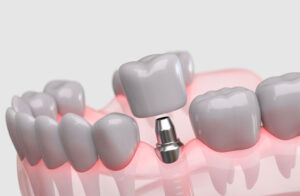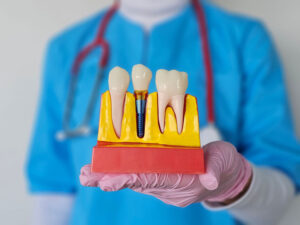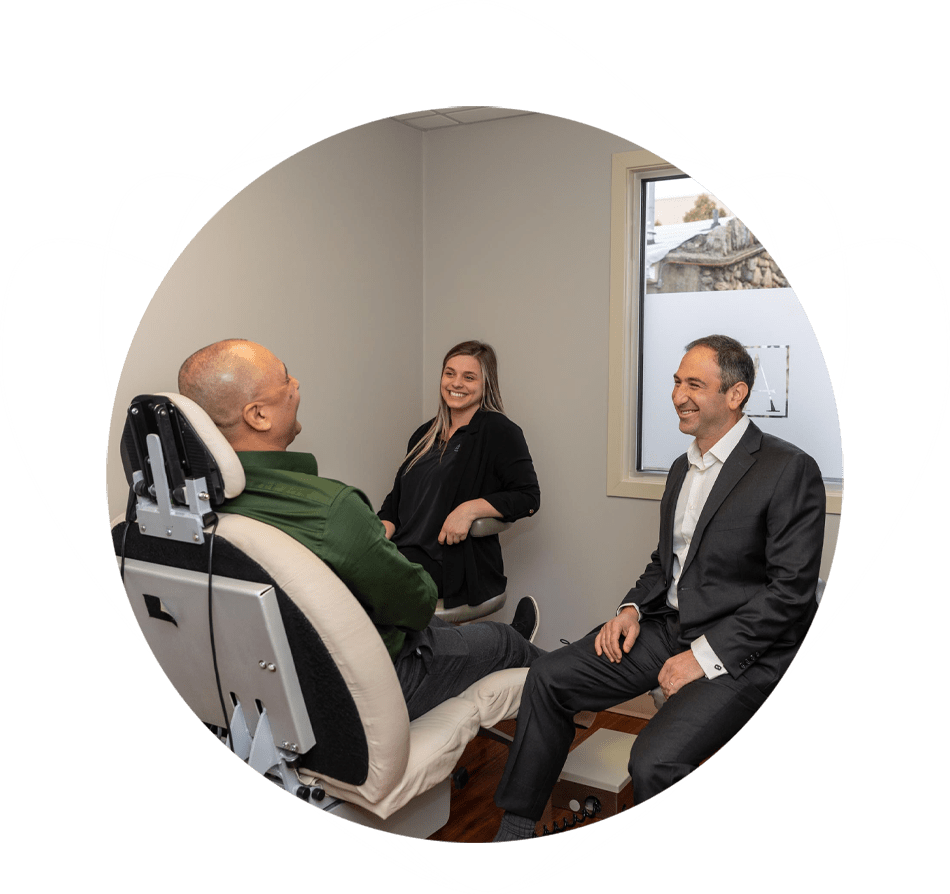Imagine that you’re sitting at the dinner table ready to eat. You’ve been trying to be healthier, so you’ve gone through the trouble of making chicken, broccoli, and salad, and despite the lack of carbs, you’re excited. The problem is that right as you take the first bite, you hear it: a clicking sound at the edge of your jaw followed by muscle pain.
Temporomandibular joint disorders, also known as TMJ, is an umbrella term used to categorize different dysfunctions located in the temporomandibular joint. If you’ve been experiencing muscle soreness located in the jaw or cheek bones when you wake up or after you’ve eaten, chances are it’s affecting you, and if you ignore it, it’s only going to get worse.
Known to be a progressive disorder, TMJ that has been left untreated can begin to severely affect quality of life overtime.
What Causes TMJ?
Unlike the flu or an infection, the cause of TMJ is still hotly contested. Trauma sustained by the jaw in situations such as car crashes, boxing, and falls have been known to cause TMJ like symptoms, and the same with arthritis, teeth grinding, and compulsive gum chewing. But TMJ has also been known to begin without any clear trigger at all.
Are there Other Symptoms?
Common symptoms of TMJ, and ones you’ve probably heard before, include popping or clicking noises while chewing, mild to severe jaw pain, and decreased mobility in the jaw.
However, it’s important to understand that the temporomandibular joint is what allows our jaw to move, and in order to function properly, it requires the help of several other systems of muscle in the skull. Because of this interconnectedness, when the joint isn’t working properly, this can manifest in several different ways, such as tinnitus–usually referred to as ringing in the ears–tingling fingers, tension headaches, migraines, and back pain.
What Treatments Are Available?
For good reason, many patients are skeptical of any prescription drug treatments for disorders like TMJ. Fortunately, there are several non-invasive and drug-free treatments available.
As one of the causes of TMJ could be stress, which triggers teeth-grinding, muscle relaxation with a TENS unit can often bring much needed relief. Oral splints and mouthguards can also prevent teeth-grinding, and help to position your jaw in a more relaxed position while you sleep.
The TMJ treatment best suited to you, however, will be dependent on your jaw’s position, and other factors related to your oral health. If you want to learn more, please call (914) 526-2144 today for an appointment with a Westchester County TMJ dentist at Advanced Dentistry of Mohegan Lake.





